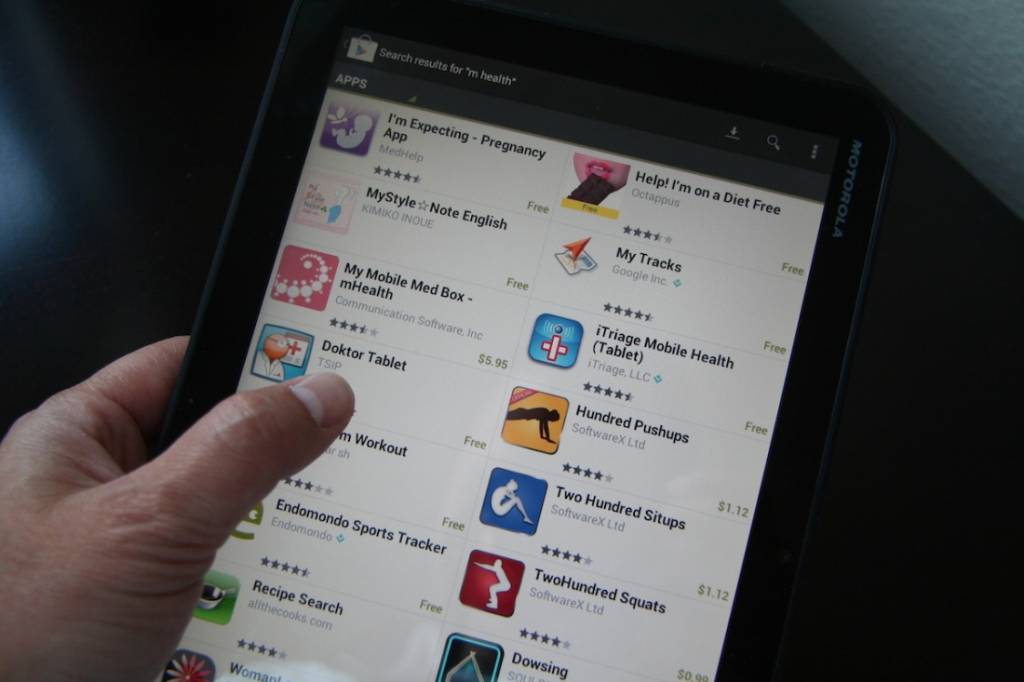We’ve all seen the incredible innovation brought about by smartphones and the huge ecosystem of cutting-edge apps that have the potential to help us all to live more informed and better lives. The burgeoning digital healthcare system is bringing a similar ecosystem of apps to the healthcare sector and provide huge opportunities for innovation.
Digital Healthcare Still Early in the Game
Each year, the nation’s leading healthcare companies and digital healthcare technology makers meet at the Digital Healthcare Innovation Summit. This year’s event will be held in Boston on November 2, 2016. The event features disruptive solutions to health care problems. Last year, General Electric’s Justin Steinman, Chief Marketing Officer (CMO) for GE Healthcare, mentioned that digital healthcare is still early in the game, but others also mentioned that the new field and its technologies are coming of age.
Rapidly Expanding Industry Showing Growing Pains
As would be expected, companies are jockeying for position in this new industry. For example, Advantech is providing medical computers that help with surgical intelligence, clinical grade tablets to streamline the front line for reporting, patient and healthcare terminals that help collect and distribute patient information to those who need it, and mobile medical carts that help doctors and nurses at the point of care. Anyone who has been to a hospital recently has taken note of these new technologies that are omnipresent and definitely seem to help healthcare practitioners do their jobs better. But some doctors and nurses question whether digital health tools such as those mentioned above are delivering value or not.
The US Food and Drug Administration (FDA) defines digital healthcare to include: mobile healthcare (mHealth), health information technology (IT), wearable devices, telehealth, telemedicine, and personalized medicine. All told, digital healthcare has the following goals: reducing inefficiencies, improving access, reducing costs, increasing quality, and making medicine more personalized for patients.
The FDA is now a major force behind making sure that all medical devices it approves can connect to and communicate with other devices and systems. This not only helps healthcare practitioners and patients but researchers, the medical device industry, medical software application developers, and those charged with fulfilling regulatory requirements.







